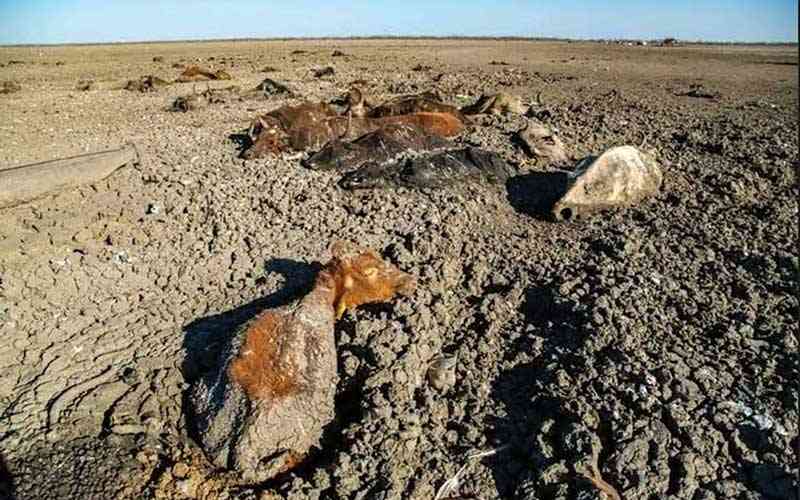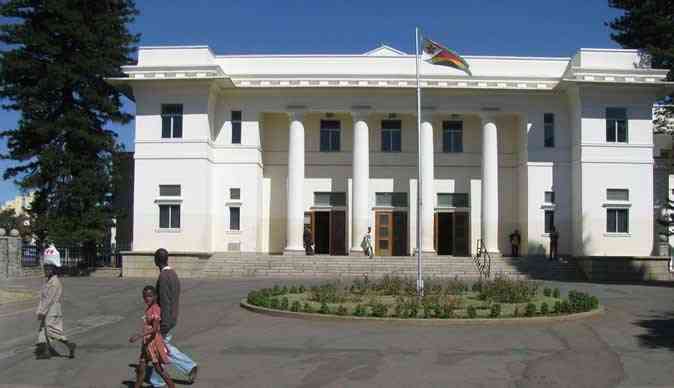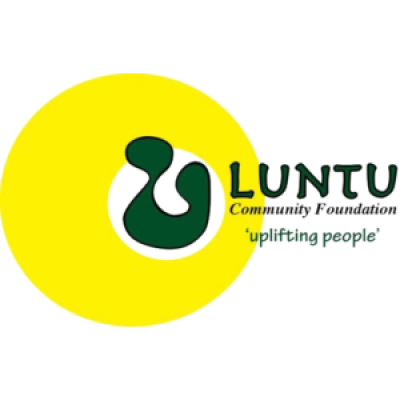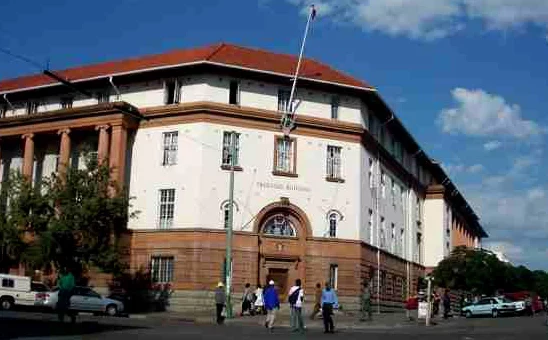
Farmers should not hold on to their cattle until they lose value, a Matobo farmer has said.
Peter Cunningham said the province would be affected by the El Nino phenomenon which had already claimed more than 91 cattle between September and November this year.
Matabeleland South, particularly Matobo district, has been identified as the current hotspot of drought effects with a number of cattle having died during the dry season.
Matabeleland South provincial veterinary officer Enat Mdlongwa last week said the province had experienced a surge in the death of livestock due to the dry weather.
He said 91 cattle had died from starvation and some were being trapped by mud since September 2023 and the most affected wards were in Matobo.
He said water sources, especially dams, were now below 50% capacity.
”As a result, most of these dams are now muddy and are trapping the cattle looking for water. Farmers are, however, resorting to supplementary feed to improve the condition of cattle,” he said.
Matabeleland South acting Agritex officer Mkhunjulelwa Ndlovu said they were in the process of gathering information on livestock deaths across the province.
- I will definitely win 2023 elections: Mwonzora
- We will rule forever: ED says
- Measles death toll hits 650
- Govt challenges youths to participate in tourism
Keep Reading
“The situation is bad and threatening the economic assets in the province. Water is the most important ingredient in annual nutrition,” Ndlovu said.
“The majority of seasonal dams are drying up. The livestock in Gwanda, Matobo, Mangwe, Bulilima and Beitbridge are facing serious challenges in water supplies.”
Ndlovu advised farmers to continue feeding their livestock with commercial stockfeeds, adding that farmer should grow more fodder when the rains come.
However, Cunningham urged farmers not hold on to their cattle for too long leading to their loss of value.
“The drought could be very serious this year. The biggest challenge most farmers have is that they hold on to their cattle for too long and then they are in no shape to be sold.
“Hamara has been working with the cattle bank to help farmers who are vulnerable to be able to bank their cattle and then be able to get them back again when they have grass.
“Farmers can also form clubs and set up feedlots to help to add value when they have to sell their animals.”
The Hamara Group assists farmers to be fitted into a value chain that is market-pulled.
The group also runs the only breeder farm in Matabeleland.
Through the programme’s broiler out-grower scheme more than 350 villagers in Matobo’s impoverished villages have built modern houses from the proceeds gained of the project.
The villagers have also been provided with chicks, mesh fence and chicken feeders including feed which is constantly supplied to all contracted farmers.









